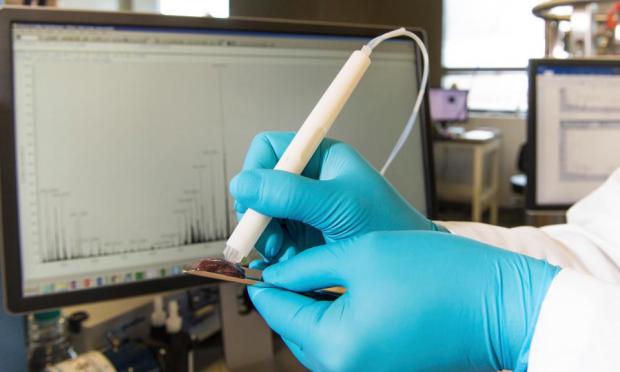
Breaking News
 Is Yen Carry Trade's unwind about to trigger a repo market meltdown? Let's dive into the mec
Is Yen Carry Trade's unwind about to trigger a repo market meltdown? Let's dive into the mec
 Chairman Rand Paul Releases New Report Revealing Hundreds of Billions...
Chairman Rand Paul Releases New Report Revealing Hundreds of Billions...
 Get Schiffty Music Video | Rick and Morty | Adult Swim
Get Schiffty Music Video | Rick and Morty | Adult Swim
Top Tech News
 This tiny dev board is packed with features for ambitious makers
This tiny dev board is packed with features for ambitious makers
 Scientists Discover Gel to Regrow Tooth Enamel
Scientists Discover Gel to Regrow Tooth Enamel
 Vitamin C and Dandelion Root Killing Cancer Cells -- as Former CDC Director Calls for COVID-19...
Vitamin C and Dandelion Root Killing Cancer Cells -- as Former CDC Director Calls for COVID-19...
 Galactic Brain: US firm plans space-based data centers, power grid to challenge China
Galactic Brain: US firm plans space-based data centers, power grid to challenge China
 A microbial cleanup for glyphosate just earned a patent. Here's why that matters
A microbial cleanup for glyphosate just earned a patent. Here's why that matters
 Japan Breaks Internet Speed Record with 5 Million Times Faster Data Transfer
Japan Breaks Internet Speed Record with 5 Million Times Faster Data Transfer
 Advanced Propulsion Resources Part 1 of 2
Advanced Propulsion Resources Part 1 of 2
 PulsarFusion a forward-thinking UK aerospace company, is pushing the boundaries of space travel...
PulsarFusion a forward-thinking UK aerospace company, is pushing the boundaries of space travel...
 Dinky little laser box throws big-screen entertainment from inches away
Dinky little laser box throws big-screen entertainment from inches away
 'World's first' sodium-ion flashlight shines bright even at -40 ºF
'World's first' sodium-ion flashlight shines bright even at -40 ºF
PENPOINTING CANCERNew handheld 'pen' allows surgeons to detect cancer in 10 SECONDS..

A REVOLUTIONARY new handheld "pen" allows surgeons to test for cancer in seconds.
The device gives medics a better chance of removing "every last trace" of the disease.
Tests found the tool took just 10 seconds to provide a diagnosis and was more than 96 per cent accurate
Researchers at the University of Texas say the device is capable of identifying cancerous cells more than 150 times faster than existing technology.
The MasSpec Pen can give surgeons precise information about which tissue to cut or preserve, helping to improve treatment and reduce the chances of cancer reoccurring, they said.
Tests conducted by the team found the tool took just 10 seconds to provide a diagnosis for cancer and was more than 96 per cent accurate.
Livia Schiavinato Eberlin, an assistant professor of chemistry who designed the study, said: "If you talk to cancer patients after surgery, one of the first things many will say is 'I hope the surgeon got all the cancer out'.
"It's just heartbreaking when that's not the case.
"But our technology could vastly improve the odds that surgeons really do remove every last trace of cancer during surgery."
Read More...



